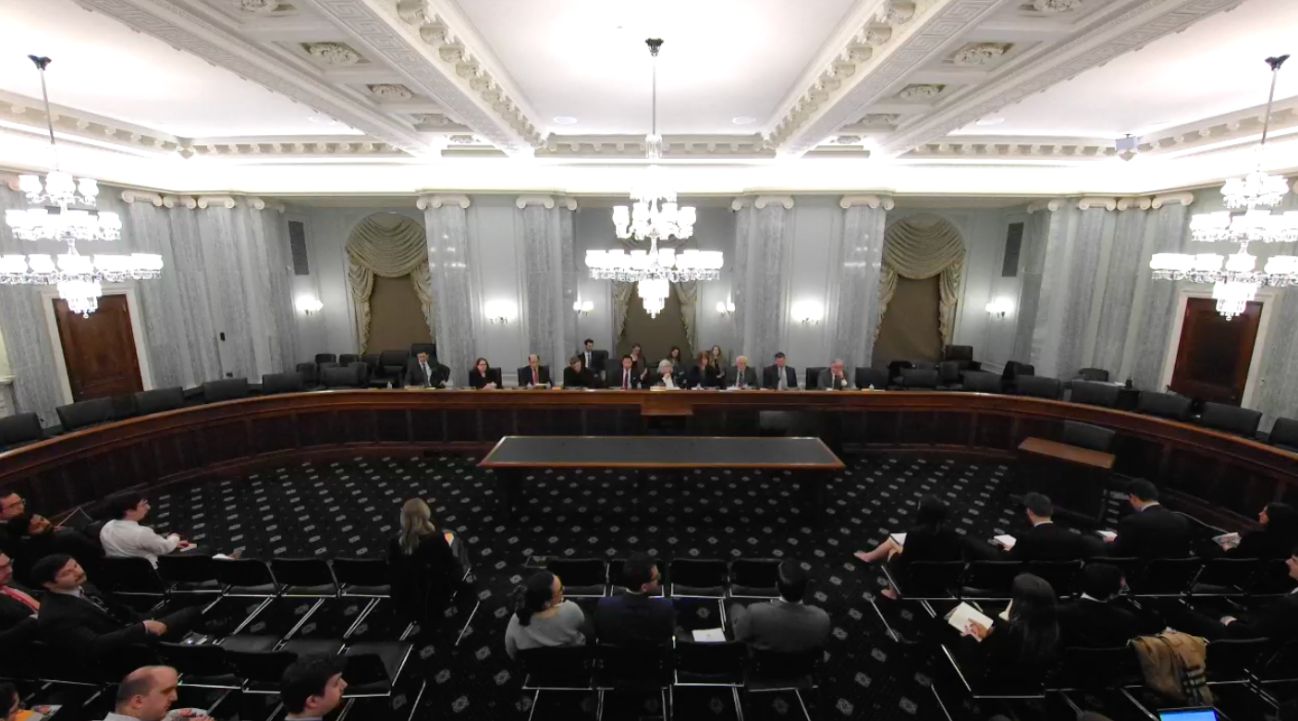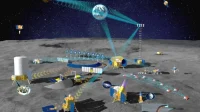In a comprehensive 741-page report released on November 14, the U.S.-China Economic and Security Review Commission, an influential congressional advisory body, highlighted the escalating strategic and systemic competition between the United States and China. The report emphasizes China's swift military expansion and pursuit of global influence, posing a significant challenge to U.S. national security.
The report categorizes the current state as a “new normal” characterized by ongoing, long-term strategic rivalry. It sheds light on China's substantial investment in modernizing its military, particularly focusing on advancements in missiles, space capabilities, undersea warfare, and artificial intelligence.
Key areas of concern outlined in the report include Beijing's efforts to shape global affairs to its advantage, ranging from military coercion to technology acquisition and influence operations. The U.S.-China Economic and Security Review Commission, established in 2000, directly reports to Congress and the president, emphasizing the gravity of the issues raised.
Despite the possibility of a sustained economic slowdown impacting resource allocation, the report notes that China persists in its unprecedented military buildup. Special emphasis is given to China's endeavors to shape international norms, particularly in emerging fields like space, cyber, and nuclear security, where established norms are less defined.
Concerns are raised regarding China's approach to space law, as it seeks to discredit established norms, export elements of its legal system, and influence the development of laws and norms internationally. The report underscores China's reservations about proposed changes to the current international space architecture, particularly those sponsored by the United States.
On the issue of space-based resources, the report highlights the absence of a clear legal mechanism in current international space law to adjudicate ownership. China's intention to claim a right to use space-based resources is noted, citing a lack of a defined legal framework regulating mining in space.
The report also reveals China's pursuit of a space-based nuclear weapon, potentially threatening the U.S. homeland with a new global strike capability. China's leadership in missile and space technologies is emphasized, and concerns are raised about its development of a fractional orbital bombardment system (FOBS), potentially adding a fourth leg to its nuclear triad.
To address the escalating competition with China, the report recommends congressional action, including reforms in export controls and more stringent reviews of foreign investments in U.S. companies. It warns that if China surpasses U.S. advantages in critical areas, the global balance of power could undergo a significant and dramatic shift.







